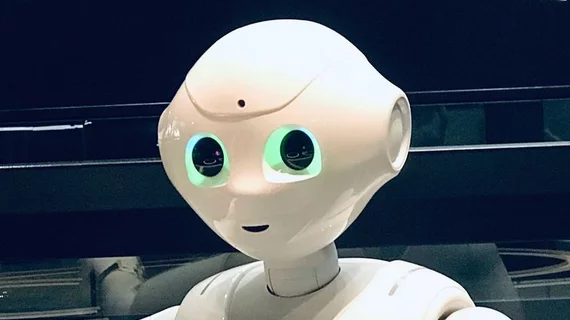Radiographers are apprehensive about integrating AI into their workflow
As the integration of artificial intelligence into the radiology space continues to make waves, new data are giving insight into how radiographers feel about working alongside the emerging technology.
On May 11, BMC Medical Ethics published results from a survey of nearly 400 radiographers to gauge opinions on how the use of AI would affect their daily work. While the results are a bit of a mixed bag, one theme emerged from the responses—radiographers are apprehensive about AI.
“The introduction of AI in radiography brings forth a myriad of potential benefits, including improved diagnostic accuracy, enhanced workflow efficiency, and capability of handling vast amounts of imaging data,” wrote author Faten Mane Aldhafeeri, from the College of Applied Medical Sciences at the University of Hafr Albatin in Saudi Arabia. “However, these advances pose ethical challenges that require careful examination.”
The respondents’ concerns centered mainly on ethical and privacy issues associated with the implementation of AI in radiography. Just under 40% stated they believed AI should be transparent and provide justifications for their decision-making, while another 44% expressed concern with ethical dilemmas, such as bias, the risk to patients’ sensitive information and questions regarding data ownership.
A significant portion (42%) of respondents supported establishing specific ethics guidelines pertaining to AI, although 29% did not anticipate such issues being of great concern. This could be due, in part, to nearly half of those surveyed admitting they were not entirely familiar with how AI might affect different aspects of radiology—some believed it could make their jobs easier, while others perceived AI as a threat to their employment.
“Some radiographers acknowledged the potential of AI to improve diagnostic accuracy and workflow efficiency. In contrast, others were apprehensive about possible job displacement and the need for further training,” the author wrote.
To quell these concerns, Aldhafeeri suggested integrating ongoing professional development specific to the role of AI in radiology," stating, continuous education and training programs will empower radiographers to effectively navigate ethical challenges and contribute to the responsible use of AI in healthcare.”
The full results can be found here.

